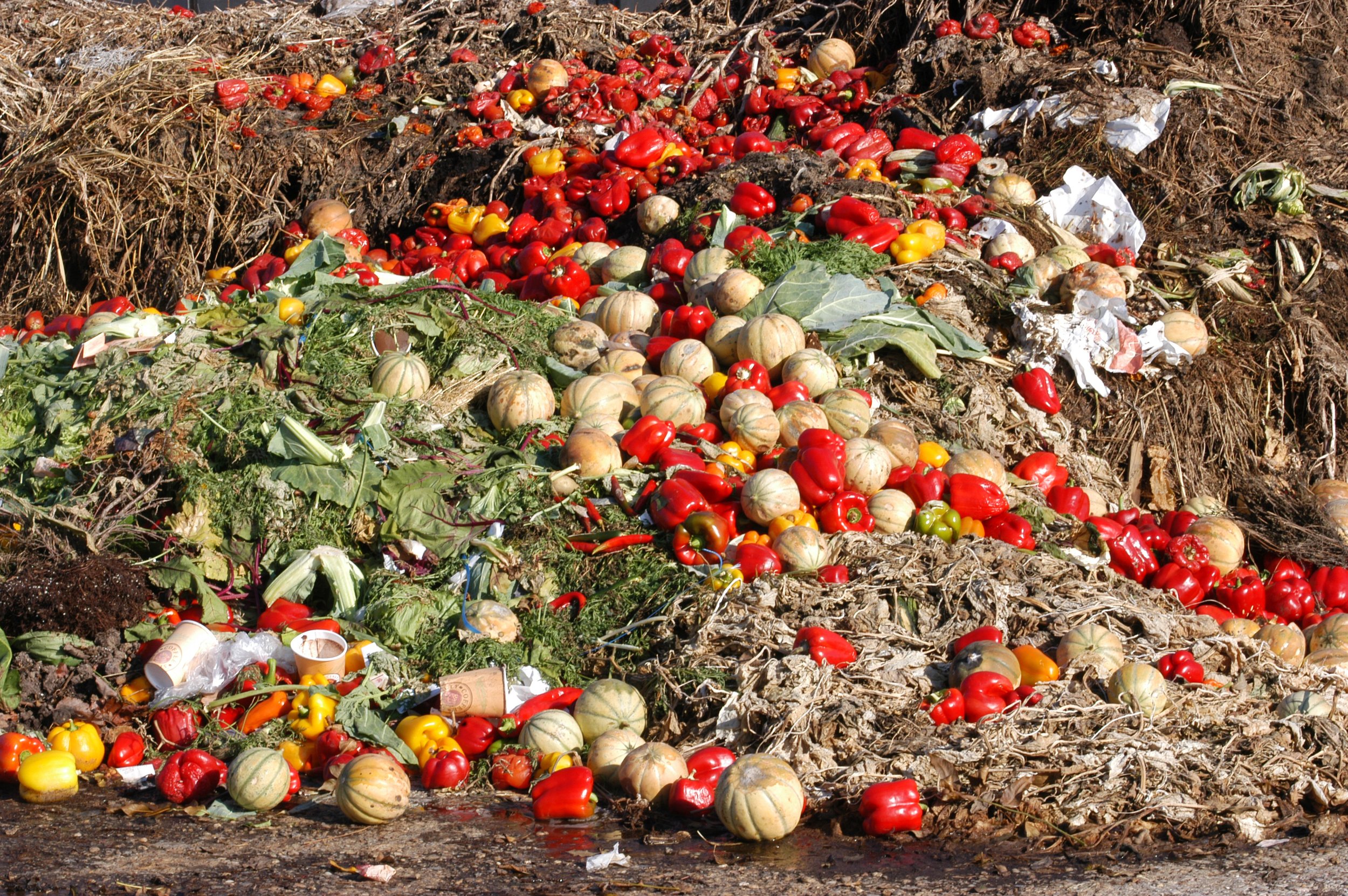Who’s wasting all the food?
Reducing Food Waste in New Zealand:
Tackling the Largest Sources
Here in New Zealand, we pride ourselves on our strong commitment to sustainability. However, when it comes to food waste, our country faces a significant challenge. The issue of food waste is not just an environmental concern but also an ethical one, considering the number of people who go hungry each day. The latest longitudinal Growing Up in New Zealand study demonstrated that up to 15% of New Zealand’s young people and their families grow up with food insecurity, with Pacifica and Maori households particularly affected.
So, who’s wasting all the food?
Let’s take a look at the largest sources of food waste in our country and as well as some initiatives aimed at reducing this waste and its impact on the environment and society.
Food Production and Agriculture
Yes, you read that right. One of the largest sources of food waste in New Zealand can be traced back to the very beginning of the food supply chain: the farm itself. The food production and agricultural industry generates a substantial amount of food waste, primarily due to factors such as imperfect or surplus produce, spoilage, and inefficiencies in the distribution system.
Before we jump to blame the poor farmers, take a moment to consider their dilemma. Farmers often discard fruits and vegetables that do not meet the strict cosmetic standards set by retailers and consumers. In these instances, it costs the farmer less to let the food rot than it does to harvest food that he cannot sell. This leads to an incredible amount of edible food ending up in landfills, compounding the food waste issue with greenhouse gas emissions. Fortunately, organisations like KiwiHarvest and food rescue groups like Kairos are working to rescue surplus food from farms and redirect it to those in need.
Retail and Consumer Food Waste
Another major contributor to food waste in New Zealand is the retail and consumer sector. Supermarkets, restaurants, and consumers (that would be you and me) all play a role in the disposal of perfectly edible food. Supermarkets, in particular, discard a significant amount of food due to overstocking, expiration dates, and consumer preferences for fresh-looking produce.
One way to reduce retail and consumer food waste is to adopt "ugly" produce. This involves selling fruits and vegetables that might not meet the traditional aesthetic standards but are perfectly good to eat. Initiatives like Wonky Box and Countdown’s The Odd Bunch are helping to make these less-than-perfect items available to consumers, reducing the stigma associated with them.
Food Processing and Manufacturing
Food processing and manufacturing is another significant source of food waste in New Zealand. During processing, food products often generate waste in the form of by-products, trimmings, and rejected items. These leftovers are frequently discarded or used for lower-value purposes, such as animal feed or bioenergy production.
Efforts to reduce waste in this sector include turning food by-products into valuable resources. For example, companies like Zespri, a major player in the Kiwifruit industry, are exploring innovative ways to use kiwifruit by-products for products such as dietary supplements, skincare, and animal feed, creating a circular economy that minimizes waste.
Food Packaging
Food packaging plays a substantial role in food waste, both in terms of its production and disposal. Excessive or non-recyclable packaging contributes to environmental pollution and waste generation. In New Zealand, like many other countries, consumers are increasingly looking for ways to reduce single-use plastic waste, which includes food packaging.
To address this issue, the New Zealand government has initiated various programs and campaigns to reduce single-use plastics and promote sustainable packaging options. Consumers are also becoming more conscientious about their choices, opting for products with minimal packaging or choosing eco-friendly alternatives.
Food Service Industry
The food service industry, including restaurants and cafes, is another notable source of food waste. These establishments often produce excess food, which goes uneaten and ends up as waste. Managing portion sizes, implementing better inventory management systems, and encouraging customers to take leftovers home can help reduce this type of waste.
Some New Zealand eateries have taken an active stance against food waste. The "Love Food, Hate Waste" campaign encourages restaurants to participate in food rescue initiatives and raise awareness about the issue. By doing so, they not only reduce waste but also contribute to their community's well-being.
Household Food Waste
Household food waste accounts for a significant portion of New Zealand's overall food waste, with an estimated 47% coming from homes. This waste is generated through various means, including spoiled or expired food, leftovers, and food that is discarded before it is fully consumed.
To tackle household food waste, education and awareness campaigns play a vital role. Programs like "Love Food, Hate Waste" provide New Zealanders with practical tips and resources to help them reduce food waste in their homes. Simple actions like meal planning, proper food storage, and understanding expiration dates can go a long way in minimising food waste at the household level.
Food waste in New Zealand is a layered problem, with wastage occurring at every stage of the food supply chain, from the farm to the kitchen. Addressing this issue requires a collective effort from all of us, including government, businesses, and consumers like you.
What Can You Do?
Watch out for food waste in your own household. Read our article “10 Effective Ways to Reduce Food Waste in Your Household” for some helpful tips to reduce food waste at home.
Encourage your favourite food stores, cafes and restaurants about donating their excess, leftover and expired food to food rescue organisations like Kairos. They can contact us here to sign up.
Help support us. Kairos Food Rescue actively intervenes at all levels of food supply to rescue food that would otherwise have gone to waste. There are expenses in what we do and we can’t do it without the help of supporters like you. Become a Friend of Kairos.
Efforts to reduce food waste in New Zealand have gained momentum in recent years, with a growing awareness of the problem and a commitment to finding sustainable solutions. Through continued education, innovative approaches, and a shift in our purchasing behaviours, we can work towards a more sustainable and food-secure future. Reducing food waste is not just a responsibility; it is an opportunity to build a more resilient and prosperous society for all.



